Mourning rituals around the world: How they can help us through the pain of grief
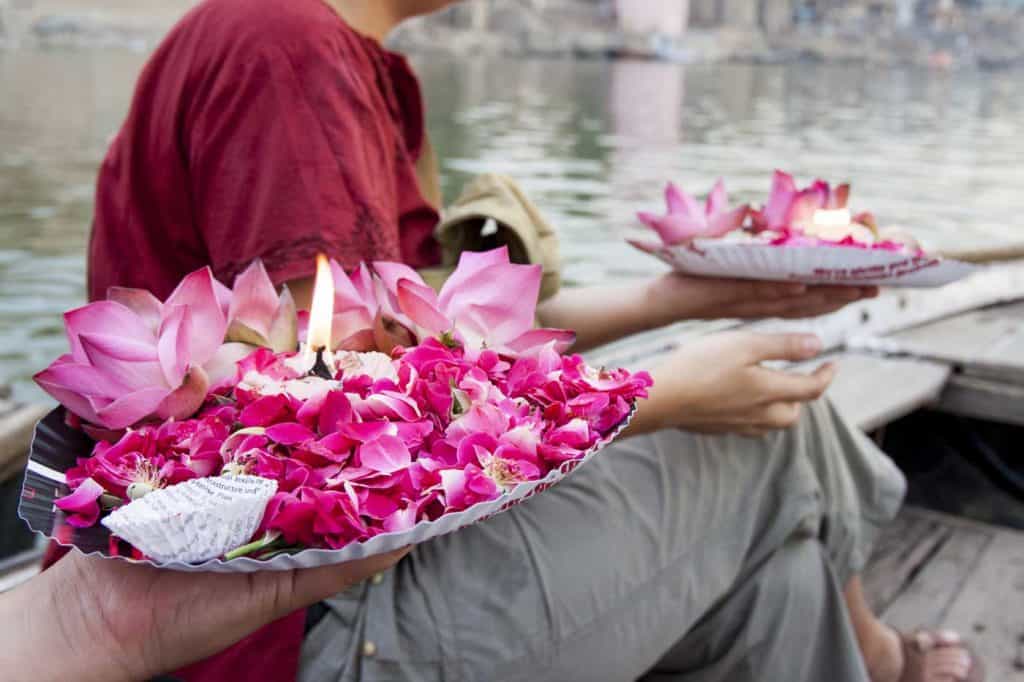
By Heather Chapman
Christian Parenting Blogger
I remember well the morning we put my beautiful 8-year-old daughter in the ground. There was nothing beautiful about that day in spite of the bright sun shining through the trees and the sky a shade of blue that would normally make my heart rejoice. Far from my mind were Bible verses, mourning rituals, and the usual awkward sentiments.
My heart was broken and I was sure that I had died too.
In reality, I was very much alive and the next several years have taught me much about that deep pain which suffocates us whether we embrace it or not.
So, whether you are deep in the mourning period yourself, have a friend who is struggling, or can relate to this uncomfortable topic, make a cup of coffee (or tea!), snuggle in your favorite chair, and let’s walk through this together.
How long should you be in mourning?
I think this is such an odd question because how do you put a time limit on something so emotional? But I hear it often.
How long should you be in mourning? As if there is a sudden cutoff date, an acceptable period of mourning and anything outside of it is unhealthy or not normal.
Five stages of mourning in Judaism
I feel as if mourning rituals have been lost here in modern United States. I began to seek out the rituals of grieving lost ones and came across the 5 stages of mourning in Judaism.
Jewish traditions allow for a period of mourning to help us through the process.
- Aninut – Time from the moment of death through the funeral
- Seven Days of Shiva – A week long period in which mourning is embraced. Physical and emotional needs are taken care of by the community.
- Sheloshim – Period of mourning continues as people begin going back to work but refrain from social gatherings
- Shanah – The next 11 months for those who have lost a child. It appears as if special attention is given to grieving parents allowing for a longer period of mourning by excusing them from social events and continued spiritual support.
- Yahrziet – Anniversary of loved one’s death is acknowledged each year with prayers and candle lighting.
The Phases of Jewish Bereavement by My Jewish Learning goes into these steps in more detail.
The practice of excusing the grieving from social events is an important one. I remember how I felt I had lost myself in grief. I was afraid of the usual public small talk because I was empty and broken and talking about the weather felt insignificant. Seeing mothers and their daughters shopping together brought me to tears and home was the only safe place.
40 days after death in Islam
The Islamic faith teaches that death is simply a passing from one realm to another and that death is a natural part of life. They allow for a 3-day mourning period and anything past that is discouraged. The exception being a woman who has lost her husband. She is encouraged to mourn for four months and 10 days.
Many Muslims follow the tradition of having a special celebration on the 40th day after death. What is significant about 40 days after death in Islam?
There is a belief that the soul of the deceased roams the earth for 40 days (some believe they are also fighting evil spirits). On the 40th day, the soul continues to heaven or hell. The family says special prayers and celebrates their loved one continuing onto a better place.
Muslims are not the only ones who observe this. Russian Orthodox have a similar belief and have special prayers and meals on the 1st, 3rd, 9th, and 40th days after a person has died. Each of these days have to do with the soul wandering, overcoming sin, being judged, and then finding its eternal home.
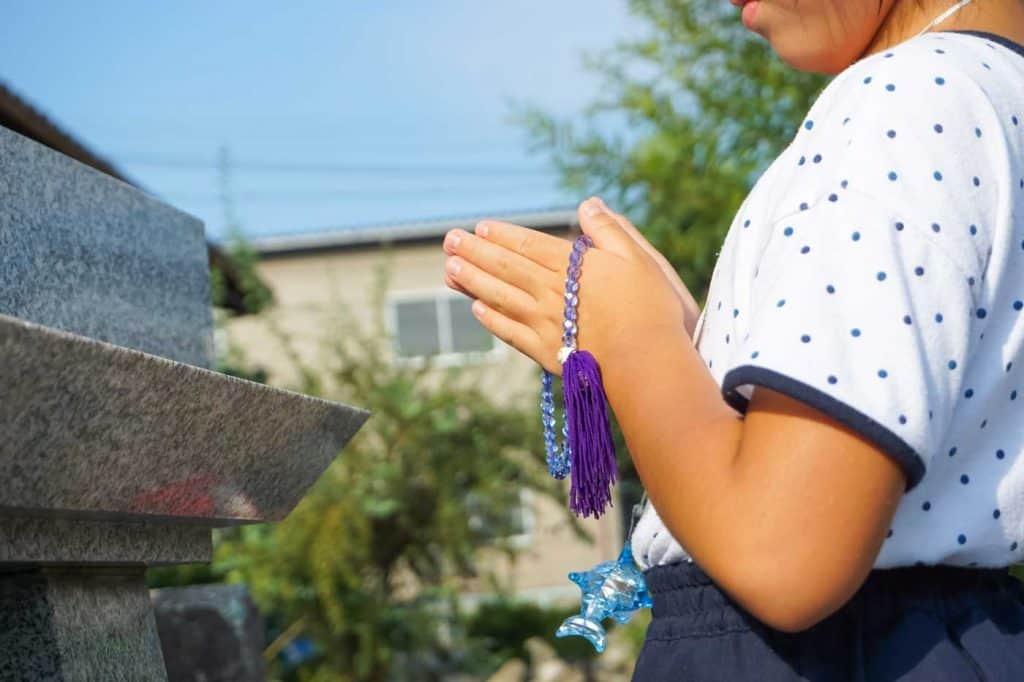
Death rituals
Death rituals are an important part of our religious beliefs. From ancient Egyptians burying their dead with items they would need in the afterlife to those who do not believe our souls live on, the way we handle death is influenced by our faith.
What are Hindu rituals after death?
Although the physical body dies, the individual soul has no beginning and no end. It may pass to another through reincarnation, depending on one’s karma (the consequences of one’s actions over lifetimes). If the soul has realized the true nature of reality, it may become one with the Brahman, the “One.”
Bodies are cremated (it is believed that this is the quickest way to release the spirit) and the ashes spread in sacred waters or a place that was significant to the deceased.
The period of mourning is from 10 to 30 days. On the 10th day a ceremony is held at the home of the deceased in order to liberate the soul for its ascent into heaven. Fruit is brought by the guests.
The first 13 days are reserved for deep mourning. The family remains at home and is encouraged to express and connect with their feelings of pain and loss.
The immediate family of the deceased is encouraged to continue a period of mourning for a full year. They are discouraged from any social events and major decisions such as changing locations or jobs.
On the one year anniversary of the loved one’s death, a special ceremony is held with friends and family invited. A meal is served after.
Keening
The Irish and Scottish have an ancient tradition of keening. Keening is a kind of wailing and crying mixed with song as an expression of deep grief. It died out in the middle of the last century, but there are several recordings of these wailing songs.
In various other cultures, this out pouring of loud emotion is not only accepted, but expected. The “death wail” has been documented among the ancient Celts and is still practiced today in parts of Africa, South America, Australia, and Asia.
Buddhist death rituals: 49 days
Many Buddhists say special prayers and perform certain rituals during the first 49 days after a loved one passes. During this time they are also excused from social events and are given time to mourn.
The 49 days have to do with the Buddhist belief that the spirit is reincarnated but not immediately. The spirit goes through a kind of intermediate period, and the special prayers and rituals by loved ones help the spirit to receive a positive rebirth. Most Buddhist believe that this process takes place within or right at 49 days.
This is important not just from a religious perspective but also from an emotional one. Allowing people to focus on their grief and not return immediately to “normal” life is helpful in healing.
Rituals for mourning and what we can learn from them
So, what is the point of embracing mourning rituals?
From a religious aspect, it increases our faith, allowing us to act on the belief that we are spiritual beings and that passing from this life is to be viewed in a positive light.
Emotionally, focusing on rituals for mourning give us a chance to catch our breath so to speak, allowing us space to express the pain and allow for healing.
Personally, I find great comfort in the Bible. You might also find comfort in “She Still Lives: Bible Verses about Heaven After Death”.
MEET THE AUTHOR
Heather Chapman
 Hi, I’m Heather from Lessons from Home. I’m in love with my five kids, homeschooling, and all things chocolate. At Lessons from Home I share my homeschooling and parenting journey along with the lessons God teaches me as I learn to follow Him wherever He leads. Healing from loss is a major part of my story as my family walks the dark path of grief after losing my beautiful 8 year old daughter.
Hi, I’m Heather from Lessons from Home. I’m in love with my five kids, homeschooling, and all things chocolate. At Lessons from Home I share my homeschooling and parenting journey along with the lessons God teaches me as I learn to follow Him wherever He leads. Healing from loss is a major part of my story as my family walks the dark path of grief after losing my beautiful 8 year old daughter.
I’d love for you to visit me at Lessons from Home or stop by my Facebook and Instagram pages!

Teresa Trumbly Lamsam, Ph.D., is an accomplished Social Scientist and Journalist. Passionate about establishing credibility in the digital realm, she champions transparent and trustworthy online content. She is dedicated to producing content that sparks curiosity and nourishes the heart and mind.

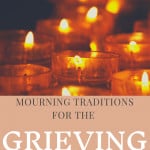
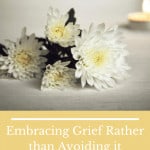

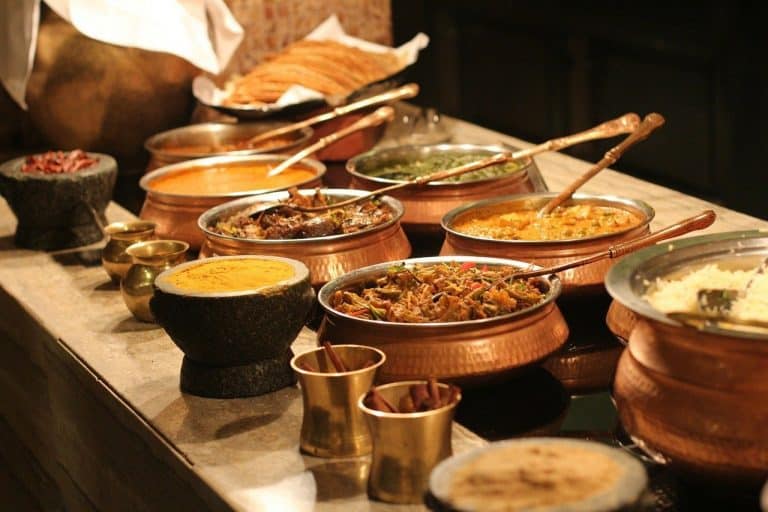

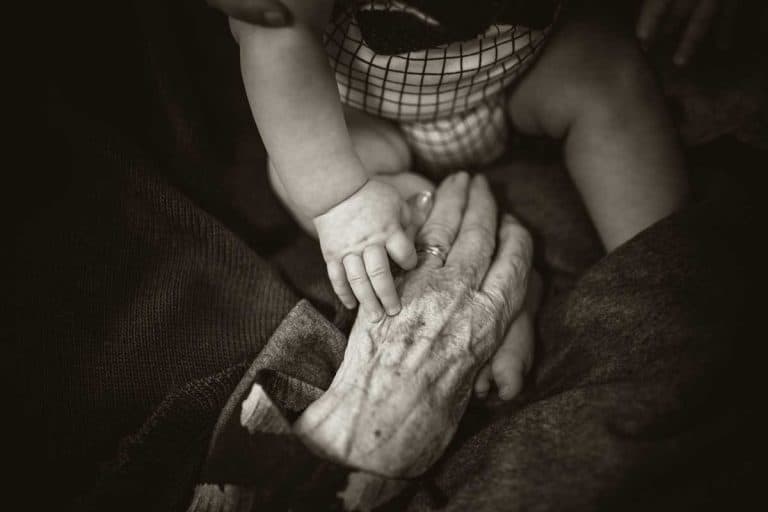


It is a gray area to write about grief, especially when we lose our loved ones. Took me several months to write about mine. I think our grief will never stop, only we learn how to cope over time.
I enjoyed reading your post and thank you for sharing!
I agree. I don’t think grief ever goes away, rather it becomes a part of us. We learn to live with it and grow through it. I found writing about my grief to be healing. I hope it becomes healing for you as well.
Thanks for sharing your grief and helping us to deal with ours. I guess the pain remains but all the rituals help.
The pain does remain. I think the rituals help because they provide a way to express our pain. Thanks for reading!
It was really interesting to see how different cultures handle mourning. I think it’s a highly individual thing, but ready about societal norms around the world helps bring perspective.
Bill, I agree that grief is very personal. I have often felt that there were expectations placed on my grief and that put undue pressure on me. I hope that this post shows that there are many ways in which to deal with grief and not just one. Thanks for reading.
Thanks for sharing this information. I hadn’t known that much about how other cultures and religions cope/handle with mourning the loss of a loved one. Loss of a loved one is tough.
Hi Matt 🙂 I’m glad you found the article informative. I didn’t know most of this until I started researching it. I find it fascinating how different religions each have their own ways of dealing with loss.
I think a lot has to do with the person and your relationship with the person you are mourning. It’s been years and I’m still mourning the death of my Nana.
Heather, I am sorry for your pain and heartache. I agree that how you mourn is influenced by the relationship you had with the person. Hugs to you!
love theses types of posts!!! Its always an eye opener to see whats out there when you are grieving! x
xtineloves
Thanks for reading Christine! I think it helps to know you are not alone and that we are all dealing with grief in one way or another.
I do wish I would have read this a few years ago… I have been through so much loss the last couple of years, that I have been dealing with to this day.
Ann, I am so sorry to hear about your pain and loss. Grief is so hard. It’s been three years since I lost my daughter and some days I cry as if it was yesterday. Hugs to you!
It did always feel odd to me to put a date or circumscribe mourning. I feel that many societies do not have a healthy relationship with death thought, so in a meta sense, I appreciate this topic and was sorry to read about your daughter.
I agree that many societies do not have a healthy relationship with death. I was surprised by the people in my life who were not there for me when I lost my daughter. I realize now that they were so uncomfortable with my pain that they simply didn’t know what to do. Thank you for reading.
It’s good to learn about these different kinds of mourning rituals across the world. It’s important to acknowledge this season in one’s life and have a venue to help process this stage.
You are absolutely right Lucy! Thank you for reading!
this is really interesting. my mom recently passed. i love all these different rituals.
I am sorry Katrina, for your loss. I know your heart is heavy right now. I pray that reading about grief and talking about it will help you. Hugs!
I had always been baffled by the way the US handles grief. It is always presented as such a linear process and it is definitely far from that. I feel like there is no right or wrong way to grieve. I am so deeply sorry for your loss.
Thank you Stephanie. I agree that there is no right or wrong way to grieve. It’s definitely a process we have to walk through in our own way. Thank you for reading!
Grief is definitely difficult to handle. I heard about Seven Days of Shiva before. Great list!
Thank you Emman for reading! I hope you found this information as interesting as I did!
It takes a lot of courage to write about grief. Very powerful and thanks for sharing 🙂
While the process of mourning is such a sad subject, I still find the way different parts of the world observe it so fascinating. I have always been taken by how differently people live and relate. I love this article!
Ooohhhh…it is good to know about these rituals. In my case, mourning takes as long as it does. There is no time limit or frame for me.
I’ve yet to experience grief like this, but I have to say this is so incredibly informative and I love this unique way of exploring other cultures.